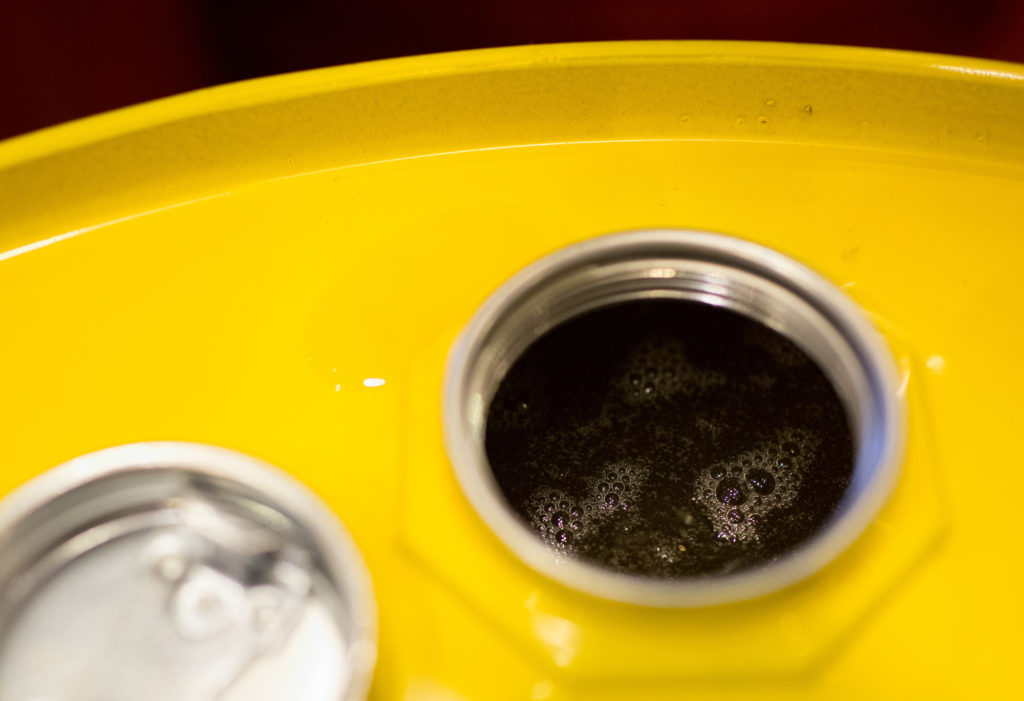
Brent oil topped $55 a barrel for the first time since February as gains in broader markets added to investor optimism already buoyed by Saudi Arabia’s unilateral plan to cut output.
The move caps a stellar few months for the oil market, with crude emerging as a favored play to bet on coronavirus vaccines and global reflation.
Saudi Arabia’s pledge earlier in the week to cut production by 1 million barrels a day in February and March added vigor to the rally, while Democrat gains in the U.S. have spurred broader markets higher in expectation of additional stimulus.
The spreading coronavirus remains a near-term concern though. Accelerating cases across Europe prompted a call from the World Health Organization for stricter measures across the continent, while the U.K.’s latest restrictions are already compounding a plunge in fuel sales. China has locked down a city of 11 million near Beijing to contain an outbreak.
Crude has surged almost 50% since the end of October, when news of vaccines began to emerge. Annual commodity index rebalancing may provide another tailwind when it gets underway on Friday, with as much as $9 billion of oil contracts possibly being bought over the five days of activity that start Friday, according to Citigroup Inc.
“The past 10 weeks of trading have seen only one weekly decline, which was comparatively small,” said Carsten Fritsch an analyst at Commerzbank AG. “This is testimony to the strength of the oil market in the last two-and-a-half months.”
Prices
Brent for March settlement added 1.6% to $55.27 a barrel as of 11:59 am in London
West Texas Intermediate for February delivery rose 1.5% to $51.57
Saudi Arabia’s surprise output cut appears to have caught some Asian buyers by surprise. On Thursday, Unipec, the trading arm of China’s largest refiner, bought four cargoes of North Sea crude in a pricing window run by S&P Global Platts that saw its most activity in at least 12 years.
There are also bright spots for consumption in spite of the coronavirus as the northern hemisphere faces a freezing winter.
Beijing’s coldest weather since 1966 is spurring local energy prices higher and temperatures across much of Europe and Asia are expected to stay below average for most of January.
Still, the recent surge in prices has pushed Brent’s 14-day relative strength index above 70, a technical signal that a reversal could be coming. WTI’s 14-day RSI is also in overbought territory.